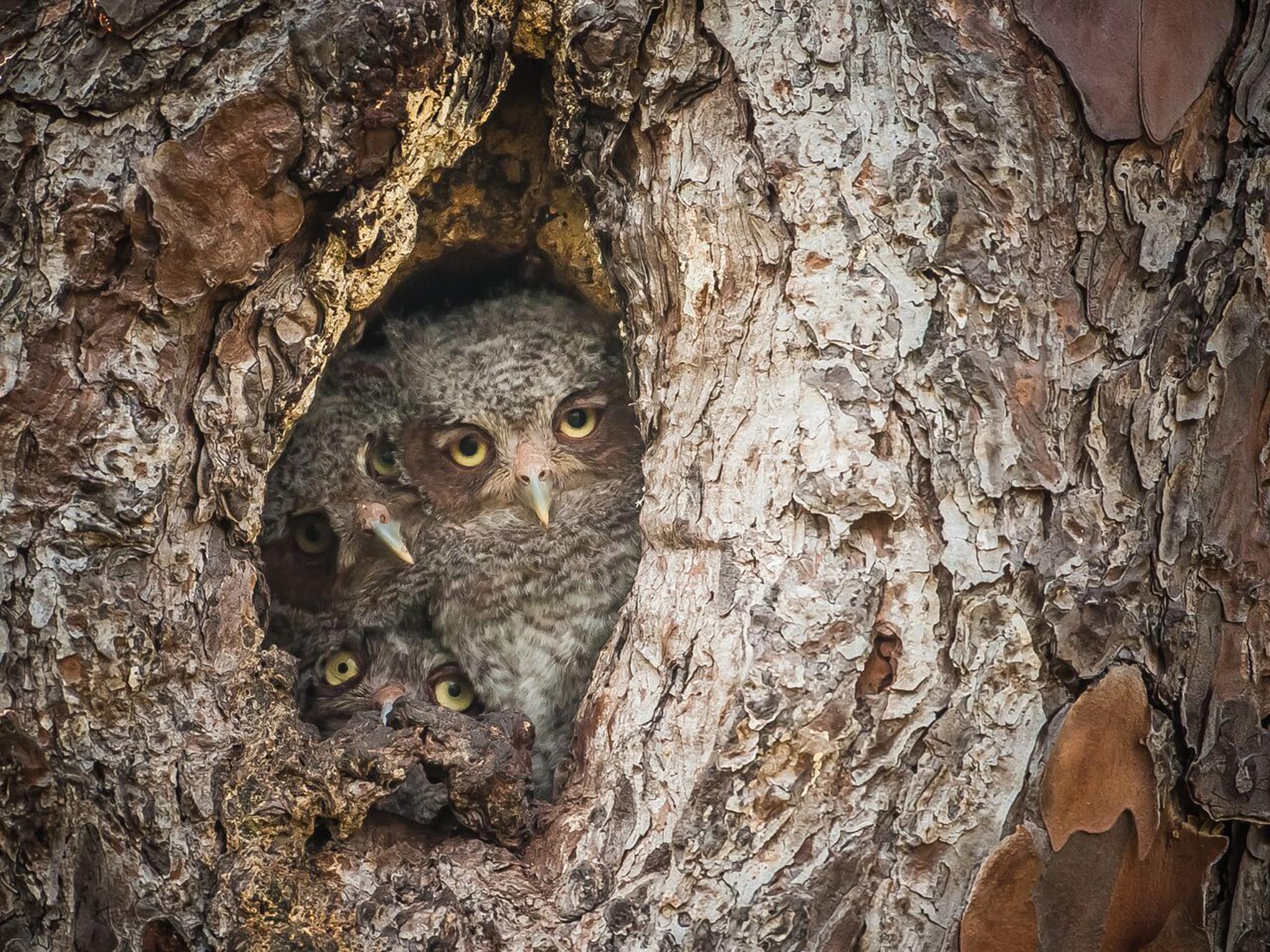EU referendum: Wildlife groups RSPB and WWF back staying in the EU
David Cameron says the EU 'underpins many crucial environmental protections'

Leading wildlife groups have backed Britain remaining in the European Union, warning that “nature doesn’t observe national boundaries”.
Bird charity the RSPB and the World Wildlife Fund UK say they believe that staying in the EU would be the safer option for Britain.
The intervention comes as David Cameron warns that the EU “underpins many crucial environmental protections in the UK”.
With 1.7 million supporters between them, the two organisations represent the biggest civil society organisations to give a view on the referendum outside the trade unions movement.
Mike Clarke, chief executive of the RSPB, said EU membership had had many benefits for the natural environment and birds.
“We have always believed that, because nature transcends national boundaries, it needs cross-border co-operation to protect it and a common set of international standards that enable it to thrive,” he said.
“As the Prime Minister rightly points out, UK membership of the EU has benefitted nature and the environment in ways that would be hard to replicate if we left.
“The RSPB will not be telling people how to vote, and we recognise that voters will be weighing up a range of issues when casting their votes on 23 June. However, we want a secure future for our most precious wildlife and the places they call home.
Nature transcends national boundaries
“In weighing up the current evidence, the uncertainties and the balance of risks, we have concluded that the safer option for nature is for the UK to remain a part of the European Union.”
David Nussbaum, chief executive of WWF-UK, said the EU had helped European countries work more closely on environmental issues.
“The outcome of this referendum will have profound implications for our countryside, wildlife, rivers and seas,” he said.
“David Cameron is right to put the environment at the top of the agenda today, and he has highlighted the range of benefits that EU membership has delivered for our species and habitats.
“Nature doesn’t observe national boundaries but still needs protection. So whatever the result on 23 June, we must work closely with other countries to tackle the huge threats that our wildlife and wild places face.”
The cats’ charity Cats Protection, while not explicitly backing Remain, has previously endorsed European Parliament plans to tackled EU-wide pet trade.
Conservative MP Liam Fox claimed this week that EU rules meant Britain could not outlaw puppy-trafficking.
“You have probably read in the papers some of the stories about puppy trafficking that is now taking place across the continent – that is something I would like to make illegal but it is not possible for us to do so while we are in the European Union,” he told the BBC’s World at One programme.
The Remain campaign however hit back, arguing that such trafficking was already illegal.
David Cameron said he would press for enhanced environmental protections at EU level.
“This referendum is a once in a generation decision, and it is vital that we hear from every sector on the possible implications for our country. Charities such as the RSPB and WWF play an important role in the debate on Europe, and I welcome their declaration that our natural environment will be safer if we stay in a reformed EU.
“EU membership underpins many crucial environmental protections in the UK, while amplifying our voice in the world on vital issues like cutting global emissions.
“Of course, a vote to Remain doesn't mean the job is done, which is why I will continue to press for change in Europe.
“I will use our seat at the table to ensure the natural environment, bio-diversity and a living, working countryside are at the heart of agricultural policy through continued reform of the CAP; and that the birds and habitats directives are maintained and better implemented, both in the UK and across Europe, to ensure the diversity of our countryside and wildlife.”
You have
left to register
Join our commenting forum
Join thought-provoking conversations, follow other Independent readers and see their replies
Comments
Bookmark popover
Removed from bookmarks